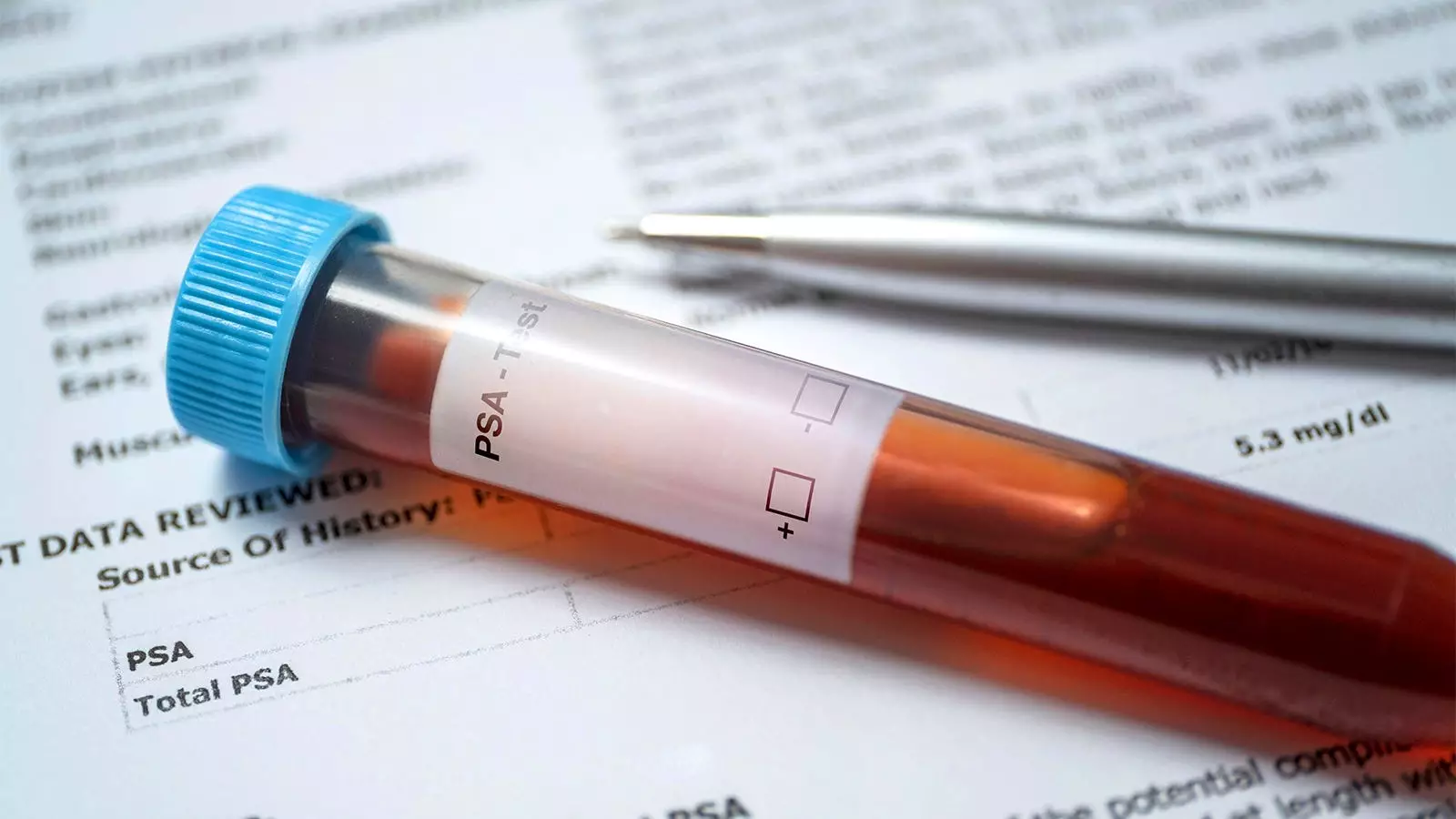Prostate cancer is a prevalent and serious health concern for men worldwide. Screening for prostate cancer traditionally involved the use of a prostate-specific antigen (PSA) test, but recent advancements in medical technology have allowed for the integration of biomarkers and imaging to enhance the accuracy of detection and reduce the overdiagnosis of low-grade cancers. The Finnish ProScreen randomized trial, led by Anssi Auvinen, MD, PhD, of Tampere University, aimed to evaluate the effectiveness of a screening protocol that included a PSA test, a kallikrein panel, and an MRI to detect high-grade prostate cancers while minimizing the detection of low-grade cancers. The preliminary results of this groundbreaking trial provide valuable insights into the potential benefits of incorporating biomarkers and imaging into prostate cancer screening.
Key Findings and Implications
The ProScreen trial involved 60,745 men aged 50 to 63 who were randomly assigned to be invited or not invited to participate in the screening program. Of the men who participated in screening, 32 low-grade prostate cancers and 128 high-grade prostate cancers were detected, highlighting the effectiveness of the multimodal approach in identifying clinically significant tumors. In contrast, among the men who were not invited to undergo screening, 65 low-grade cancers and 282 high-grade cancers were detected during the follow-up period, underscoring the potential benefits of early detection through comprehensive screening strategies.
The use of a kallikrein panel with components such as total PSA, free PSA, intact PSA, and human kallikrein-2, in conjunction with MRI imaging, allowed for a more targeted approach to biopsy, resulting in the detection of a higher proportion of high-grade cancers and a reduction in the overdiagnosis of low-grade disease. The authors of the study noted that the inclusion of biomarkers and imaging in the screening protocol led to a more accurate selection of patients for biopsy, enhancing the clinical utility of the screening process.
The findings of the ProScreen trial offer important insights into the potential benefits of integrating biomarkers and imaging into routine prostate cancer screening. The results suggest that a multimodal screening approach can improve the detection of high-grade cancers while minimizing the identification of low-grade tumors, leading to more tailored treatment strategies for patients. The use of biomarkers and MRI imaging in prostate cancer screening has the potential to revolutionize the way we diagnose and manage this prevalent disease, offering new opportunities for personalized and targeted care.
Overall, the ProScreen trial represents a significant advancement in prostate cancer screening by demonstrating the efficacy of a screening protocol that incorporates biomarkers and imaging. The results of the trial underscore the importance of a comprehensive approach to screening that goes beyond traditional PSA testing, allowing for the early detection of high-grade cancers and the reduction of unnecessary procedures for low-grade tumors. As we continue to explore innovative strategies for prostate cancer detection and management, the findings of the ProScreen trial provide valuable insights that may ultimately improve patient outcomes and reduce the burden of this disease on individuals and healthcare systems alike.


Leave a Reply